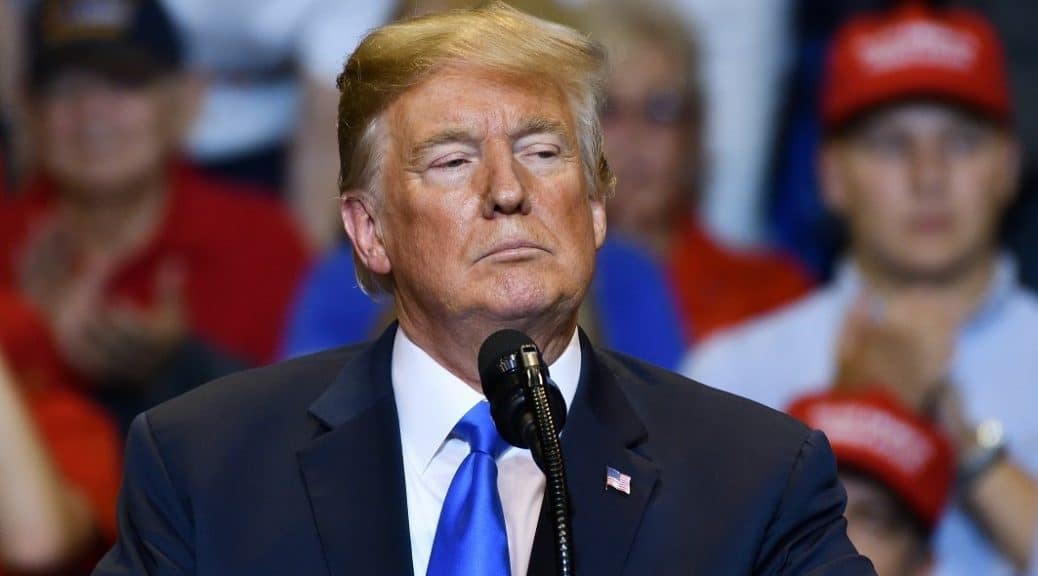Could Trump’s latest plan see the price of medicine jump in Australia?

Donald Trump’s plan to bring down the skyrocketing cost of prescription medication in the U.S. has the potential to see prices increase in other parts of the world, according to the President himself.
In a speech given at the U.S Department of Health and Human Services late last week, President Trump outlined his plan to force pharmaceutical manufacturers to cover their research and development (R&D) costs by making other countries pay more for their medications.
“We’re taking aim at the global freeloading that forces American consumers to subsidise lower prices in foreign countries through higher prices in our country,” Trump said, as reported by Reuters news agency, “The world reaps the benefit of American genius.”
“(We will) confront one of the most unfair practices, almost unimaginable that it hasn’t been taken care of long before this.”
Under Trump’s plan, new legislation would be introduced preventing drug companies charging the U.S. government’s Medicare program any more for medications than they charge other countries. An ‘international pricing index’ has been proposed based on the lowest international price.
The concern here is that pharmaceutical companies will increase prices throughout the world, not only to recoup R&D costs, but also to ensure their ‘lowest international price’ for each drug becomes substantially higher than it is currently. This practice would minimise potential lost profit in the U.S. market and increase profit in all other markets.
Currently, under U.S. law the government is restricted from assessing and negotiating down the price of prescription medication covered by its Medicare program. However the same restrictions do not apply in other countries, including the U.K., France and Australia, which allows them to negotiate a far better price from pharmaceutical manufacturers.
According to the U.S. Department of Health and Human Services, “…the Medicare program pays nearly twice as much as it would pay for the same or similar drugs in other countries,” and that in 2016 alone the U.S. government could have saved $8.1 billion dollars for a group of popular drugs had they been charged the same price as European countries.
As might be expected, as news of Trump’s plan broke, the pharmaceutical sector came out swinging:
“The administration is imposing foreign price controls from countries with socialised health care systems that deny their citizens access and discourage innovation,” Stephen Ubl from a pharmaceutical lobby group said in a statement.
According to America’s ABC news, if the proposal overcomes numerous political and industry challenges, new legislation could come into effect as early as 2019 or 2020.
